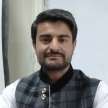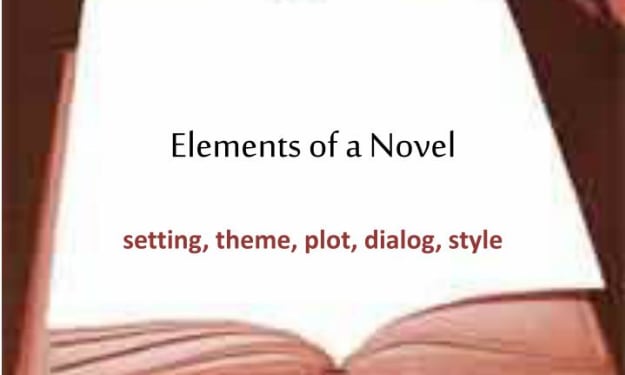
In France, Paul-Michel Foucault was born. He created the "Groupe d'Information sur les Prisons" in 1971 along with his life partner Daniel Defert and a few acquaintances. Foucault's participation in politics started at this point. His issues continued throughout the rest of his life and included LGBT rights, the resettlement of refugees, and jail conditions. He was also a French philosopher and historian who was regarded as one of the most important and contentious thinkers of the post-World War II era.
The key works are typically split into two groups by scholars. The works that were published prior to 1970 are referred to as "archaeological" works, or works that illustrate or expand upon Foucault's archaeological method of historical and textual analysis, while the works that were published following 1970 are referred to as "genealogical" works, or works that demonstrate the method of analysis that Foucault adapted from Friedrich Nietzsche (which he describes in "Nietzsche, Genealogy, History").
Foucault, who is most known for his "analytics of power," maintains that in order to fully comprehend power in modern society, analytical frameworks, such as liberalism or marxism, that place power in state institutions, must be abandoned. He claims, however, that Power exists everywhere. We must look at power at the micro-level, including relationships between employers and employees, therapists and clients, teachers and students, and husbands and wives, in order to understand submission as well as resistance and reform. Power doesn't belong to one individual or group while being absent from others; it only exists in relationships and via "exercise."
Book- ‘Power and knowledge’
Power is not centralized in one area or in the possession of specific people, according to Michel Foucault. However, power is present in all social interactions and is not only used by the government. Knowledge is closely related to power. Power and knowledge are thus mutually reinforcing. In order to gather more data, exercise more control over its citizens, and produce new sorts of knowledge, the state must have power. Discourse development is required for this. Contrarily, Foucault only perceives power as acting when people have some degree of freedom; he does not just think of power in terms of coercion.
Book- ‘Discipline and Punish’
He studied how the nature and intent of punishments changed throughout the eighteenth century. By the 19th century, the focus of punishment shifted from the body to the soul, with the goal of reform. Instead of focusing on what they had done, people were judged for who they were. The motive for the crime started to come into consideration.
In order to make discourses powerful, specialists were introduced into power relations, according to Foucault. He asserts that power is not owned but rather used. There is always a degree of uncertainty when attempts are made to exert power. He thinks that sometimes, power can be reversed. One might challenge the accuracy of a psychiatrist's diagnosis, for instance.
He compares the state to a Panopticon, suggesting methods of surveillance that promote self-control. Considering the notion that people may alter their souls and the government's efforts to create "Docile Bodies" (obedient).
Michel Foucault: Political Thought
The study of politics has been impacted by Michel Foucault's writings. This impact is based on historical studies that have been used as analytical tools; the two most notable of these are "governmentality" and "biopower."
More broadly, Foucault created a new understanding of social power that saw people as active participants in games of power who adopt strategies that embody their own purposes. As a result, Foucault had a fundamentally different approach to political issues, one that was centred on new explanations of power and subjectivity.
From an objective standpoint, Foucault's political works appear to share two characteristics: (1) a historical perspective, which studies social phenomena in historical contexts and focuses on how they have changed over time; and (2) a discursive methodology, which uses the study of texts, especially academic texts, as the starting point for his inquiries.






Comments
There are no comments for this story
Be the first to respond and start the conversation.